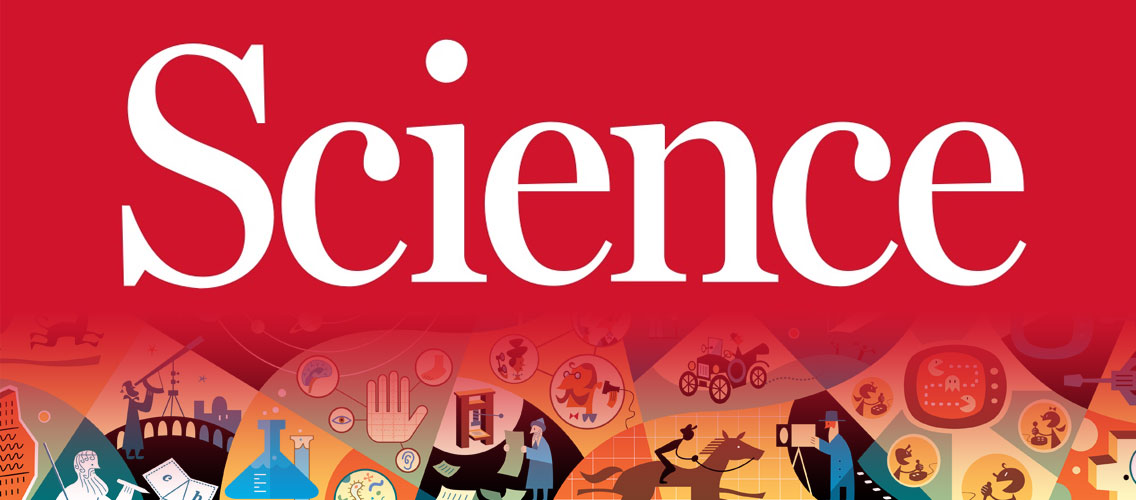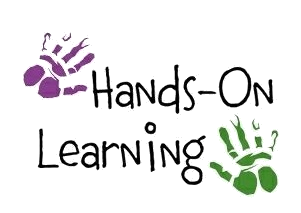
By teaching science I learned that it’s easy to see why science, especially hands-on science, is important for every child. Science uses observation and data to understand the world. It’s open to interpretation. In that sense, science skills are a lot like life skills. Believe it or not, teaching science can also reinforce key skills in math and reading. Many science experiments require math. Science applies mathematical concepts to real situations in everyday life. Science reinforces language arts such as reading and writing as well.

What I learned about students learning science, was that they most definitely need hands-on activities and fun and engaging experiments to help them learn and understand the different concepts of science, especially when it is new content to them.

What I learned about myself teaching science and teaching in general is that teaching is one of the most challenging, underrated, and yet often deeply rewarding professions you could go into. It's good to have a lesson plan in place, but if you veer off from it, that's OK, its always good to have flexibility in which you can adjust throughout the day. It is important to remember as awkward as criticism can be, being critiqued is often the best was to grow. Finally, things never go as planned and that is completely fine, but as long as you have energy, creativity, and the differing opinions of the students it makes teaching a fantastic learning experience.

Collaboration is key when it comes to effectively teaching a group lesson. It is important to work together to increase student learning and achievement. I feel like me and my group members worked extremely well together and we came up with great ideas for our lesson. We all contributed and worked really hard on putting everything together. Although we ran into time constraints, I think we did a good job at providing detailed information on the 5 senses.
Direct lessons provide low level skill of repeating and memorizing information on new content to be learned. For my groups direct lesson we had prepared a PowerPoint presentation to help guide us. We gave detailed information on the 5 senses and provided multiple checks for understanding. We also incorporated Plickers, Quizlet, and a Kahoot game, to keep the children engaged and to evaluate student learning and understanding.
Inquiry lessons are based off of a problem, in which you give children a challenge to take using the steps of the scientific method. Higher order thinking is provided in this lesson, as students get to display their knowledge and show how they are moving forward on a higher level. For my groups inquiry lesson we gave the students a problem of: Does sight influence taste? The students performed their experiment by observing and tasting 4 different color liquids. They made predictions of what they thought the liquid would taste like and the wrote down what it actually taste like. We created higher-order thinking by having the students create a FlipGrid video message to the principal of the school explaining what they learned.
Overall, my fieldwork experience at Bishop Dunn Memorial School went extremely well. I learned a lot of different techniques that I would like to implement in my future lessons as an educator. I can't wait to use all the resources that Dr. Smirnova provided for us. I now know that it is important to provide checks for understanding throughout a lesson and to provide different forms of assessments that students can relate to, like kahoot, quizlet, graphic organizers, or a Jeopardy game. Not only did my colleagues and I create fun and engaging lessons that the students enjoyed, but we were able to build off of and learn from one another .

No comments:
Post a Comment